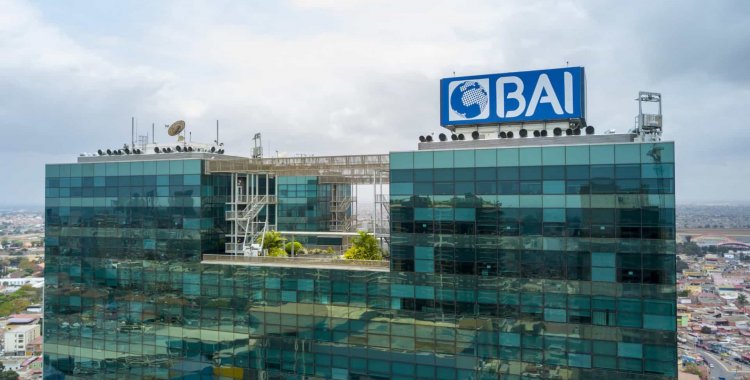According to information from BAI Cape Verde, the oil company Sonangol Cape Verde now holds a 9.20 percent share of the bank's share capital, against the previous 13.45 percent, and the investment company Sogei saw its participation. reduce from the previous 2.69 to 1.84 percent.
On the other hand, BAI (Angola), which held an 83.85 percent stake in BAI Cabo Verde, increased that weight to 88.96 percent, according to the same official information.
This update of the shareholder structure comes after Lusa reported on December 28, 2021 that BAI Cabo Verde closed the year with shareholders carrying out a capital increase of almost six million euros.
According to the company's publicity extract made by the Praia Commercial and Automobile Registry Office, on 13 December, after this increase, BAI Cape Verde's capital rose to 2,092,385,000 escudos.
Thus, according to the same document, a capital increase in the amount of 661,590,000 escudos was carried out, in the form of "new entries" and "in cash", although at the time, no information was given on the shareholders involved in the operation or the new shareholder structure.
"The share capital is represented by 2,092,385 shares, with a nominal value of 1000 escudos each", it reads.
The profits of BAI Cape Verde fell 75.1 percent in 2020, compared to the previous year, to 280 thousand euros, according to data from the report and accounts, which Lusa reported in June.
In the report, the board of directors recognizes that, in a context of strong impacts caused by the covid-19 pandemic, the "systemic deterioration of economic and financial conditions represented a challenge" for BAI Cape Verde, leading to "the refocusing of its management with emphasis on the control and mitigation of risks, from operational to financial and strategic".
Thus, BAI Cape Verde recorded a net result of 31 million escudos in 2020, which compares with profits of 124.7 million escudos in 2019.
The board of directors has decided not to distribute dividends yet, applying the 2020 profits in reserves, mandatory (15 percent), of stabilization of dividends (8 percent) and free (77 percent), according to the document.
"In an atypical environment and strong contraction of economic activity, BAI Cabo Verde bank maintained its commercial dynamism, adapting and innovating in the way it provides services to its customers, now in a context of social distance", explains the board of directors in the same report, adding the continuation of the bet, in 2020, on digital channels, but keeping the 118 workers.
The administration says that banking activity in 2020, impacted by the crisis caused by the covid-19 pandemic, "was marked by a slight growth" of the credit portfolio, of 2.1 percent compared to 2019, to a gross value of 10 .2 billion escudos, while customer resources rose 1.2 percent to 14.2 billion escudos.
"In terms of solvency, there was, albeit a residual, an increase in own funds by 0.5 percent, with the solvency ratio having gone from 14.14 percent in 2019 to 14.22 percent in 2020, above of the regulatory limit, this year set at 10 percent, as a measure of prudential flexibility in the face of the covid-19 crisis", reads the message from the administration.
BAI Cape Verde's net assets grew 5.2 percent in 2020, to more than 23.5 billion escudos, while liabilities increased 5.5 percent, to 22 billion escudos, "translating a level of profitability of resources in terms of a transformation rate of 68.6 percent", an increase of 0.6 percentage points compared to the result of 2019.
The bank closed 2020 with equity capital of 1576 million escudos.
In the 2020 report and accounts it is also recognized that the overdue credit ratio – overdue for more than 30 days – rose to 7.4 percent of the total, against 6.5 percent in 2019, and that the non-performing credit ratio - delay of more than 90 days - reached 7.2 percent, compared to 6.3 percent in the previous year.







